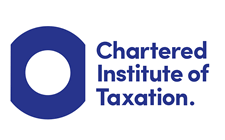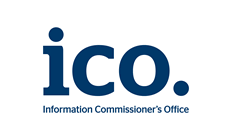HMRC deliberately cutting off calls?
The Public Accounts Committee (PAC) has severely criticised HMRC's customer service, forcing it to make a public statement. What's the full story?

HMRC is in the firing line of the PAC again this week. Previously, the public watchdog has criticised HMRC for cutting services, such as its tax and VAT helplines. Now, it has ramped up its narrative - with an accusation that HMRC is running a “deliberately poor” phone service in an effort to force taxpayers to use its online solutions instead. The scathing allegation comes in the wake of a report by a committee of MPs found that nearly 44,000 people were disconnected (and not called back) whilst being on hold for more than an hour in the 2023/24 tax year.
There is certainly no denying that HMRC is keen to make taxpayers aware of its online help options, such as its online chat bot. However, these are unlikely to be of use for anything but the simplest of questions. We're aware of one person who tried to use it to resolve a capital allowances query and was directed to information about child benefit!
Jim Harra, chief executive, denied that HMRC was using such a tactic, pointing to falling call wait times as evidence of improved customer service over the last year.
Related Topics
-
When will you have to register your new business for MTD?
The timetable for mandatory use of Making Tax Digital for Income Tax Self-Assessment (MTD ITSA) by existing businesses is well established. But when must you use MTD ITSA if you start a new business or create a new income stream?
-
EU law change for virtual events: how will it affect you?
Your business organises live events online, charging delegates a fee to attend. What are the rules about charging VAT and what changes took place on 1 January 2025 that will affect you if EU delegates attend your sessions?
-
Forthcoming changes to statutory sick pay
According to statistics from the Office for National Statistics (ONS), the rate of sickness absence fell to an average of 4.4 working days lost per worker in 2024, down from 4.9 days in 2023. Whilst this is good news for employers, forthcoming changes to statutory sick pay (SSP) are less good news. What do you need to know?









 This website uses both its own and third-party cookies to analyze our services and navigation on our website in order to improve its contents (analytical purposes: measure visits and sources of web traffic). The legal basis is the consent of the user, except in the case of basic cookies, which are essential to navigate this website.
This website uses both its own and third-party cookies to analyze our services and navigation on our website in order to improve its contents (analytical purposes: measure visits and sources of web traffic). The legal basis is the consent of the user, except in the case of basic cookies, which are essential to navigate this website.